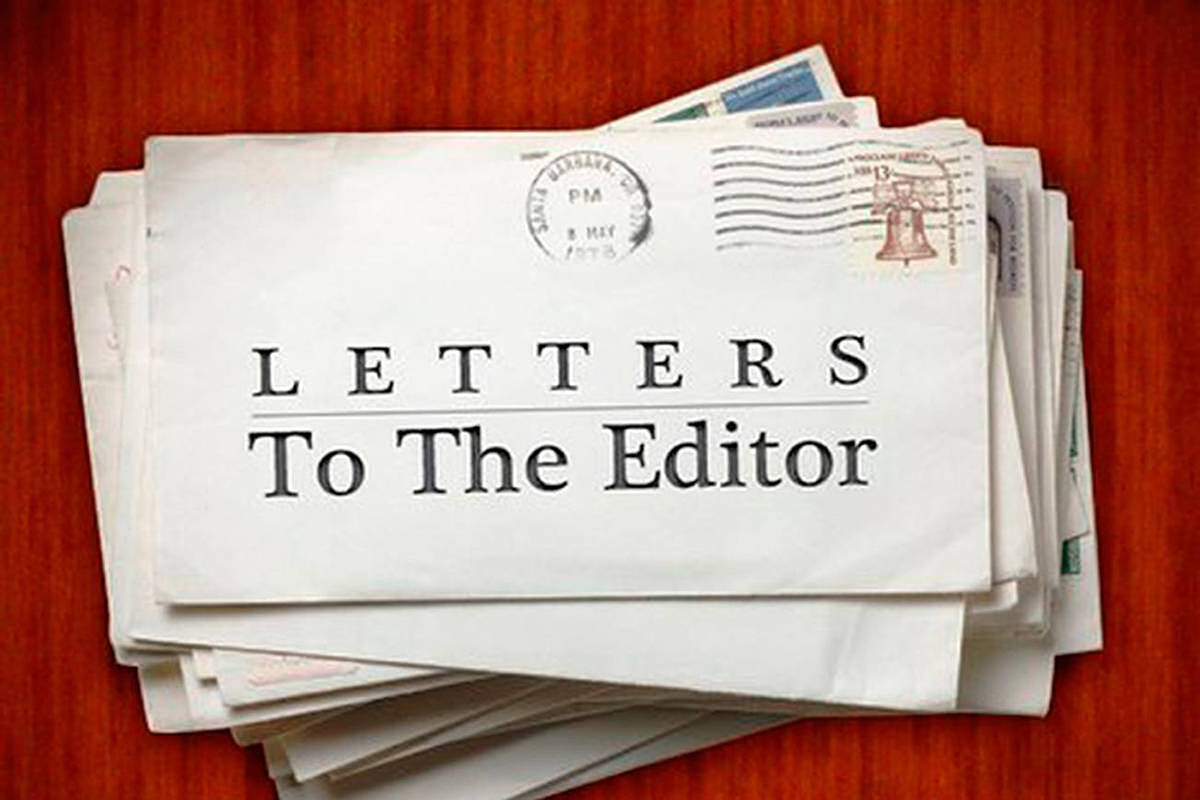We hear so much about fake news these days. I decided to get to the bottom of this. I’ve learned that if we use social media when we click on a story, then we’ll keep getting more stories like that because of “socially driven algorithmic news,” news generated by an algorithm that considers users’ personal online activity via social networking sites as well as their ties to others in their network, to generate content for users. A friend once sent me a link to funny cat memes and now I get a link to funny cat videos every day. Disturbing! My algorithmic news is not necessarily fake, so I kept researching.
I kept searching for how to determine truth from lies. I discovered we are all biased. It doesn’t matter if we believe the truth or lies because we are hard-wired to believe what we want to believe. It has nothing to do with intelligence or how much information we have. I found many resources to help me with my search for the truth. The very best website about how to determine fact from fiction, that I’m choosing to recommend, comes from Whitworth University Library (Library Guide): https://libguides.whitworth.edu/factfromfiction
Whitworth is a nationally ranked, private Christian liberal arts university in Spokane, Washington, which offers more than 100 undergraduate and graduate degree programs.
I learned that I can’t just say that I’m too smart and too well informed to fall for disinformation or misinformation. When reading or hearing news, my brain’s emotional center might be engaged, overriding my logic center being activated. Some news might make me mad or happy. The Whitworth library guide has a variety of ways to engage the logic center of our brain and to not be duped.
Following are a few websites that offer fact checking services found on the same Whitworth site:
Snopes.com — This site, which has operated since 1995, fact-checks urban, legends, rumors and news.
FactCheck.org — A project of the Annenberg Public Policy Center that checks the accuracy of political statements, news and claims.
PolitiFact — Run by the Tampa Bay Times (which is owned by journalism school the Poynter Institute), this site checks and ranks political claims.
Media Bias/Fact Check — Aims to call biased or deceptive news and media practices.
Washington Post Fact Checker — Fact checks political and governmental topics.
The sight also lists podcasts:
Fake News and the Psychology of the Brain: Circulating Ideas episode 116: Laura Lauzen-Collins.
Fake News, Information Literacy and Teaching College Students: Circulating Ideas episode 113: William Badke.
Fake News, Journalism and Libraries.
For everyone trying to figure out what to believe, I hope this letter helps.

